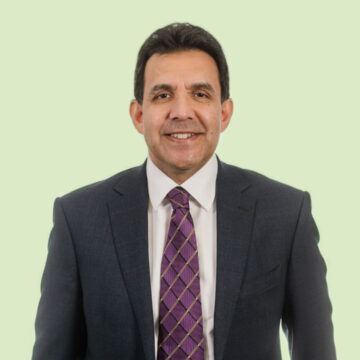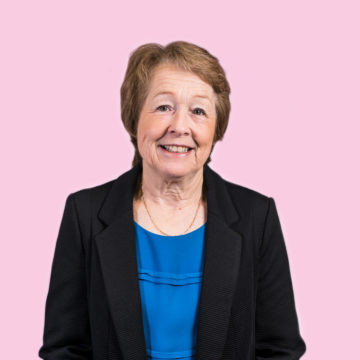An executor is responsible for looking after your money, property and other assets after your death and carrying out the wishes in your Will.
You can appoint relatives, friends or professionals (such as solicitors), or a mixture, up to a maximum of four. A beneficiary of your Will, such as your spouse, can act in this role and may be the only executor, if appropriate. At least one substitute executor should be included. If your estate is to be held in trust for young or vulnerable beneficiaries, it is good practice for there to be at least two executors who can act together.
This is the term used to cover everything that needs to be done to deal with an estate. It involves …
Read more Wills & ProbateNo, as long as you are the Executor or Administrator you can choose any solicitor you like.
Read more Wills & ProbateIf the estate is valued at more than the nil rate band then the estate will usually have to pay …
Read more Wills & ProbateYou can include gifts of personal belongings in your Will. However, if you would like a more flexible way of …
Read more Wills & ProbateYes, an executor may be a beneficiary in your Will and it is often appropriate that the main beneficiary is …
Read more Wills & ProbateYou can appoint one or more relatives or close friends to act as guardians and assume parental responsibility. Always discuss …
Read more Wills & ProbateThe answer is No. It is a common misconception that when a person dies their debts die with them. When …
Read more Wills & ProbateGenerally, if you own land, property or any other asset in a foreign country, you should have a Will prepared …
Read moreOur highly skilled team of specialist solicitors have been established in the City of Wakefield for over 100 years.

















